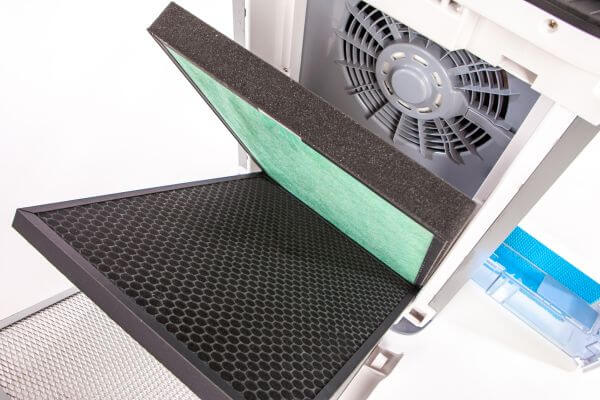
For people who react to indoor allergens or have respiratory issues, winter can aggravate problems. Stale indoor air promotes the invasion and circulation of allergy-causing dust mites, mold spores, and pet dander. Indoor air quality is usually worse during winter months because there is a minimal flow of renewed air from outside, meaning allergens remain inside the house.
Improving air quality
You can reduce allergic reactions and asthma triggers by enhancing the quality of air inside the house. You will also be able to breathe more easily during the cold months.
Although it can be hard to remove the allergens inside the house thoroughly, you can lessen their number and your exposure to them through simple modifications. The following are techniques you can use to improve the quality of air inside your house and therefore, reduce allergic reactions.
Maintain a clean house. Keeping your house clean will keep it healthy because excellent indoor hygiene can reduce the dust and animal dander. You should aim at lessening the buildup of mold, dust, and animal dander lurking in the house. Try the following:
1. Using a vacuum cleaner fitted with a HEPA filter, clean the rugs and carpets at least once or twice weekly. Using hard-surface flooring as opposed to wall-to-wall carpeting may also lessen allergen occurrence in the house.
2. Clean bedding, drapes, and other items that may trap allergens regularly, especially if you have pets. Experts recommend washing the materials in water with a temperature of about 130 degrees Fahrenheit. Additionally, you can use mite-proof covers for pillows and mattresses when possible.
3. Keep plants outside. Yes, they beautify the house, but they can gather or promote the formation of molds. Although some plants are believed to help improve air quality in the home by releasing oxygen, they can still trigger allergies. Eventually, they create more complications than they solve.
That is not all …
Replace your filters. If you are using a forced-air heating system, replace your filters regularly. Using electrostatic filters helps keep dust and other airborne allergens trapped rather than being transferred around the house.
Additionally, you can have your ducts cleaned to eliminate trapped dust. This is not always recommended, but it could help.
Buy an air purifier. If you suffer allergic reactions due to indoor irritants, it is hard to tackle the source of the issue. For instance, if you cannot remove your family pet, using an air purifier can help.
You can position the device in regular points in the house to capture allergens that may trigger a reaction. It may not be possible to eliminate the allergens completely, but you will reduce them significantly, and that may alleviate the issue.
Also, you can get humidifiers for damp areas like the basement to control the growth of molds. Make sure there is adequate ventilation in the bathroom and clean off molds that may accumulate in the showers or on the walls.
In conclusion
Occasionally, even during the colder months, open the windows and let fresh air into the house.
Request an appointment here: https://www.bevillstexas.com or call Bevills Plumbing, Heating & Air Conditioning at (325) 225-4115 for an appointment in our Abilene office.
